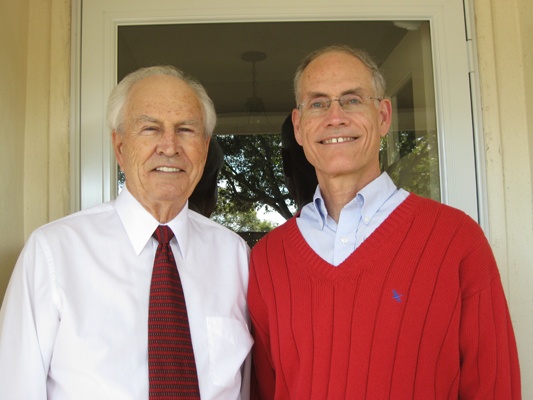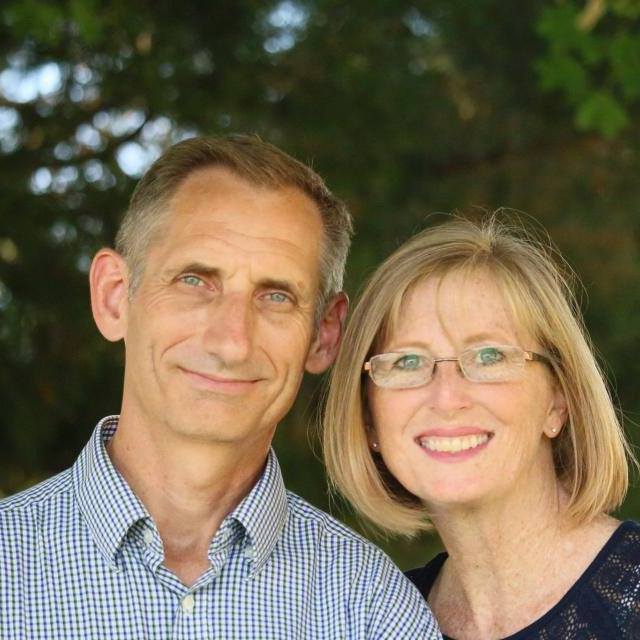
It was the phone call no one wants to receive. The words I heard hit me like a sucker punch: “Your father has suffered a stroke.”
To that point, my dad had enjoyed an unusually active, vibrant life into his late eighties. He embraced each day with an energy beyond his years and a contagious joy. He seemed indestructible. Dad had served tirelessly and without complaint as caregiver during the extended illnesses of both my mother and stepmother. Now suddenly, he was the one who was vulnerable, his future uncertain.
Hospitalization and tests quickly followed. Then a barrage of dizzying, increasingly unwelcome reports. Spots on the brain image. Possible tumor. Biopsy. Cancer but probably treatable. No, a highly aggressive, stage-four tumor. The prognosis: months, perhaps weeks.
Lord, I’m not prepared for this! I prayed. He was not only my father but my closest friend, confidant, mentor, and spiritual example.
I didn’t realize it at the time, but God, using my father as His teaching assistant, had just enrolled me in a crash course. The title: Lessons in How to Die.
I remembered that John Wesley famously said of the early Methodists, “Our people die well!” I had always affirmed the concept, but it was not until I journeyed with my father through his final weeks that I truly began to understand what Wesley meant by dying well.
The closing act in my dad’s earthly life profoundly shaped my own perspective on dying—and living. I offer these reflections on my father’s story, in hope that they might speak a needed word in a culture that works hard to avoid the reality of death…
Such an entirely different and rousing perspective on dying by Dean Flemming! Read the rest of the story and see how Floyd (Dean’s father,) embodied John Wesley’s famous saying of the early Methodists, “Our people die well!”
-Feature photo: Floyd and Dean Flemming
-Feature photo credit: Dean Flemming




